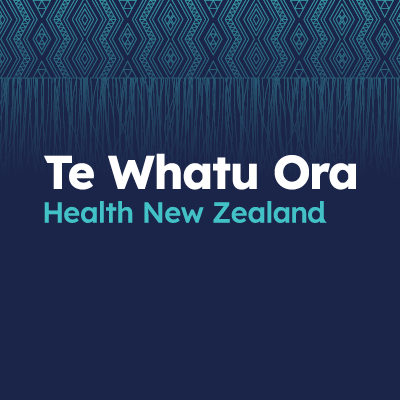Pornography
We recommend this great video by Ai (18+) for a candid and nuanced korero on porn, sexuality, image-based sexual abuse, consent and more.
Porn & sex media
There’s no standard definition of ‘porn’. When we hear the word porn we might immediately think of mainstream porn websites (*ahem*). But things like erotic fiction or sex scenes in movies could also be categorised as ‘porn’. The ideas we discuss on this page apply to all types of sex media.
Engaging critically and ethically
When it comes to engaging with any kind of sex media, it’s vital that we come (pun intended) with a certain critical toolkit. Below are some key aspects we’d recommend bearing in mind.
Consent and pleasure
We often don’t see consent being practised in mainstream porn. In reality, communication is key to ascertaining someone’s boundaries and what they’re into - but we don’t see this happening in mainstream porn, and instead it jumps straight to the action. What we don’t see is people talking about what they’re into in a non sexual context; people checking in according to each other’s body language; people taking a break or changing their mind. These are all realities of consensual sex -
learn more about consent here.
A lot of mainstream, heterosexual porn can also be
phallocentric
(i.e. penis-pleasure-centred). What can be sidelined or mis-represented is the way in which people with vulvas and clitorises might experience sexual pleasure. Ultimately, if you want to know what feels pleasurable for someone (with any genitals!) the key is to ask them what feels nice, rather than taking a guess based on depictions of sex in porn.
A note on so-called “revenge porn”:
this term is sometimes used to describe when someone's nudes or intimate sexual content are shared without their consent (we prefer the term ‘image-based sexual abuse’). Importantly, this isn’t really ‘porn’ like the content we’re discussing on this page - it wasn’t made to be viewed by the public. ‘Revenge porn’ or image-based sexual abuse is a violation of someone’s privacy and dignity, and it’s a form of sexual violence.
Body image
Many forms of sex media (Hollywood is a big culprit) present only a very narrow range of bodies and body parts as “desirable”. This is of course a reflection of wider social issues around body image, which so many activists, artists and individuals are working to change.
It’s important to reflect on how engaging with any form of digital media makes you feel. If you’re watching porn and find it’s affecting your body image, or wellbeing in any other way, you could look to see if others sites promote a more diverse and positive body image. Remembering to fill your other digital experiences (e.g. your Instagram feed) with affirming messages might also help.
Cis-heteronormativity
Queer relationships and sex are still underrepresented in mainstream television and film. Despite some progress, heterosexual relationships between cisgender people is still the name of the game, impacting on the many people who don’t see their identity or sexuality represented on screen.
Mainstream porn is, in many ways, more queer-inclusive, though it’s still good to be mindful of
how
queer sex is being presented. Is it really for a queer audience, or is it for a heterosexual gaze? It could also be worth bearing in mind how certain sexualities may be fetishised, which can lean on the side of ‘othering’, rather than including and celebrating.
Racism in porn
Mainstream pornography in particular often plays on harmful, racist tropes. Being able to identify these, and understand how they fit into wider social injustices, is key. Particularly if you’re Pākehā / white, an understanding of racism, colonialism and its ongoing impact can help you be a better ally. This includes not colluding with racism by clicking on links which promote harmful ideas.
Whose gaze?
It can be interesting to consider whose ‘gaze’ is being considered when porn (and indeed other forms of art!) is created. Which audience members has the director, cameraperson, script writer prioritised? Also, who is behind the camera, casting, writing and edits, and what’s their world view? Thinking about the process behind the creation of pornography can help us have a more holistic understanding of the industry.
Who is profiting?
This leads us on to the idea of
ethical porn.
Porn provides work, and just like any workplace there are good and bad practices. By ethical porn, we mean porn that centres the welfare and rights of the performers. This includes paying performers fairly, ensuring they have easy access to workplace support and care and ensuring content is created in a way that prioritises the boundaries and creativity of the performer. This raises immediate questions about freely available porn - can performers really be paid
fairly if content is available for free?
Even if it’s not affordable to someone at the moment, it’s important to remember that there are more ethically-run, transparent and inclusive options for accessing porn. They often charge a (fairly nominal) fee to access their content.
The
Aotearoa New Zealand Sex Workers Collective provides information on the history of sex work in Aotearoa, sex worker rights and legislation.



